Next Upcoming Event
Military Cultural Competency and Transition Awareness Training
| Date | January 22, 2026 |
| Time | 1:00 PM - 3:00 PM |
| Location | Virtual via Zoom |

3,410 community members received services in FY2023
Our Staff Love Working at CBH
"CBH has been my work home for just over 10 years. In that 10 years, I have be given many opportunities to advance and have felt support in my desire to remain with the agency, but move up within it. The management team takes the time to get to know the employees and make me feel like I am part of a big CBH family. I truly love working for CBH and the support I feel from the agency."
- Child & Adolescent Services Staff



